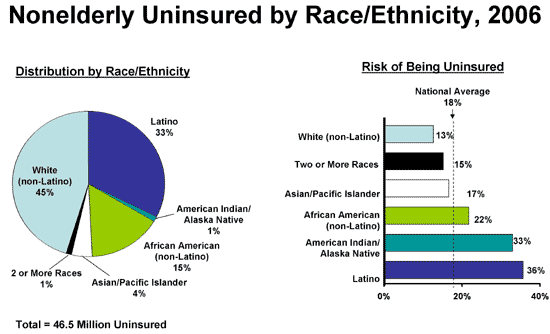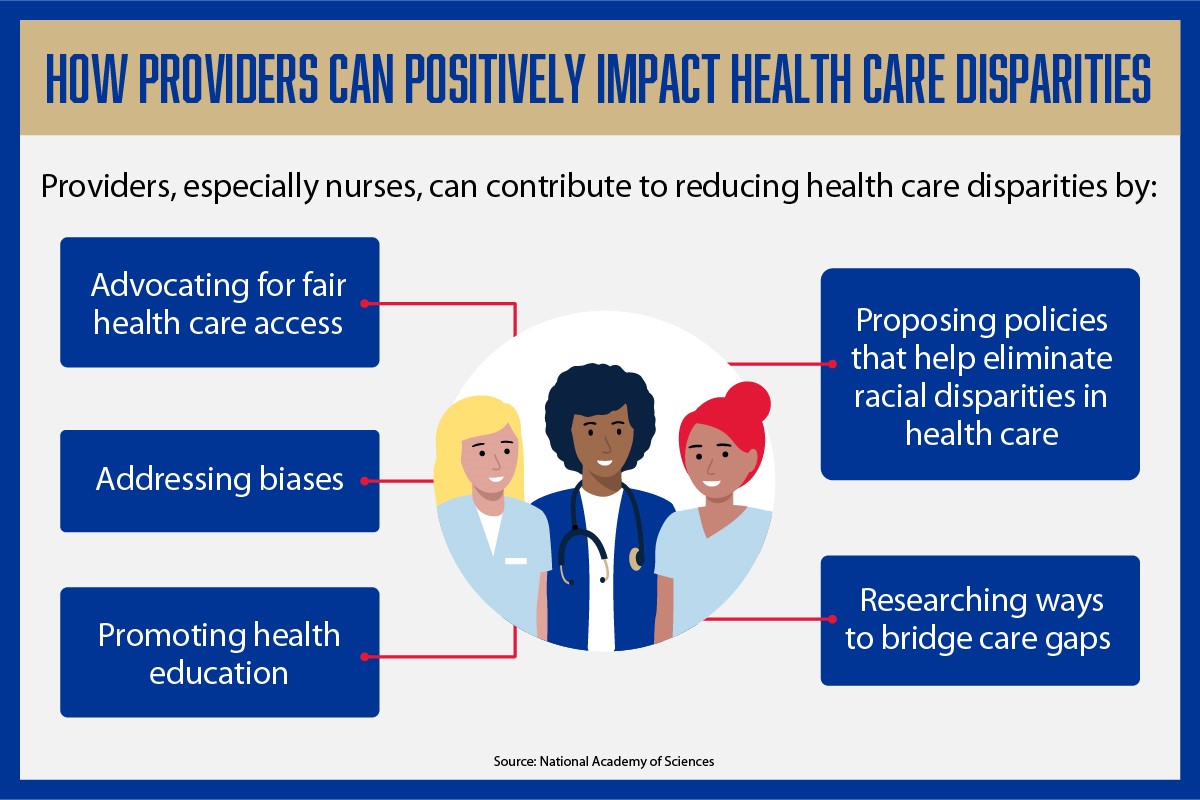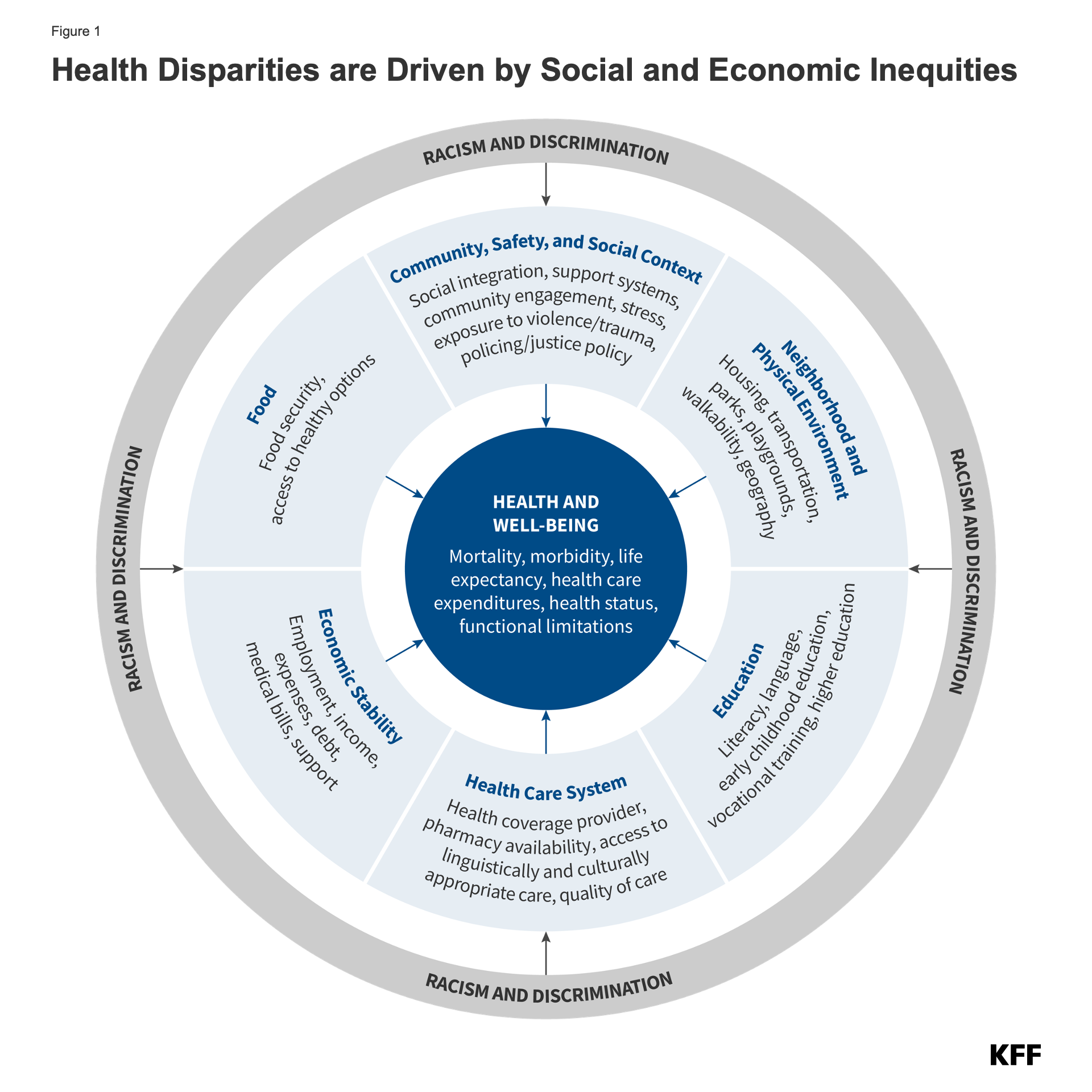Welcome to an article discussing the importance of promoting policies that address healthcare disparities among different racial and ethnic groups. This crucial step is essential in ensuring that all individuals have equal access to quality healthcare. By acknowledging and actively working to eliminate these disparities, we can strive towards a more equitable and inclusive healthcare system for everyone. Let’s explore the significance of creating and implementing such policies to improve health outcomes and create a more just society for all.
Did you know that healthcare disparities exist among different racial and ethnic groups?
Hey there! Have you ever wondered why some racial and ethnic groups experience better health outcomes than others? In this article, we will discuss the importance of promoting policies that address healthcare disparities among different racial and ethnic groups. Let’s dive in and explore how we can work together to create a more equitable healthcare system for everyone.

Understanding Healthcare Disparities
Healthcare disparities refer to differences in health outcomes or access to healthcare services between different populations. These disparities can be influenced by various factors, including race, ethnicity, socioeconomic status, education level, and geographic location.
When it comes to racial and ethnic groups, studies have shown that certain populations face higher rates of chronic diseases, lower life expectancies, and reduced access to quality healthcare services. Addressing these disparities is crucial for promoting health equity and ensuring that everyone has the opportunity to live a healthy life.
How Do Healthcare Disparities Affect Different Racial and Ethnic Groups?
Healthcare disparities can have a significant impact on the health and well-being of individuals from diverse racial and ethnic backgrounds. For example, African Americans are more likely to have higher rates of hypertension, diabetes, and obesity compared to their white counterparts. Similarly, Hispanic populations may face barriers to accessing affordable healthcare services, leading to delayed diagnoses and poorer health outcomes.
By understanding how healthcare disparities affect different racial and ethnic groups, we can develop targeted interventions and policies to address these issues and promote health equity for all.
Promoting Policies to Address Healthcare Disparities
Promoting policies that address healthcare disparities is essential for creating a more equitable healthcare system. These policies can help improve access to quality healthcare services, reduce barriers to care, and address the social determinants of health that contribute to disparities among different populations.
Implementing Culturally Competent Care
Culturally competent care is an essential component of addressing healthcare disparities among diverse racial and ethnic groups. This approach involves providing care that is respectful of and responsive to the cultural and linguistic needs of patients. By implementing culturally competent care practices, healthcare providers can better understand the unique experiences and health challenges faced by patients from different backgrounds.
Enhancing Health Literacy
Health literacy plays a crucial role in promoting positive health outcomes and reducing healthcare disparities. Individuals with limited health literacy may struggle to understand medical information, make informed decisions about their health, and navigate the healthcare system effectively. By enhancing health literacy through education and outreach programs, we can empower individuals to take control of their health and well-being.
Increasing Access to Affordable Healthcare Services
Access to affordable healthcare services is a significant factor contributing to healthcare disparities among different racial and ethnic groups. Lack of insurance coverage, high out-of-pocket costs, and limited availability of healthcare providers can prevent individuals from seeking timely care and receiving necessary treatments. By expanding access to affordable healthcare services, we can ensure that everyone has the opportunity to receive quality care regardless of their background or socioeconomic status.
Addressing Social Determinants of Health
Social determinants of health, such as income, education, housing, and access to healthy food, play a critical role in shaping health outcomes among different populations. Addressing these social determinants is essential for reducing healthcare disparities and promoting health equity. By implementing policies that address social determinants of health, we can create a more supportive environment that enables individuals to lead healthier lives.

Collaborating for Change
Addressing healthcare disparities among different racial and ethnic groups requires collaboration and partnership among healthcare providers, policymakers, community organizations, and individuals. By working together, we can develop and implement effective strategies that address the root causes of disparities and promote health equity for all.
Engaging Communities
Engaging communities in the development of healthcare policies and programs is essential for promoting health equity and addressing disparities. By listening to the needs and concerns of community members, we can create solutions that are culturally appropriate, accessible, and effective. Community engagement can help build trust, foster collaboration, and empower individuals to take an active role in improving their health and well-being.
Advocating for Policy Changes
Advocating for policy changes at the local, state, and national levels is crucial for addressing healthcare disparities and promoting health equity. By raising awareness about disparities, sharing data on health outcomes, and pushing for legislative action, we can create systemic changes that benefit individuals from diverse racial and ethnic backgrounds. Advocacy efforts can help drive policy reforms, increase funding for healthcare services, and expand access to care for underserved populations.
Supporting Research and Data Collection
Research and data collection are essential for identifying and addressing healthcare disparities among different racial and ethnic groups. By supporting research initiatives, collecting disaggregated data, and analyzing health outcomes by race and ethnicity, we can gain a better understanding of the factors contributing to disparities and develop targeted interventions. Research can help inform policy decisions, drive quality improvement efforts, and promote evidence-based practices that benefit all populations.

Conclusion
Promoting policies that address healthcare disparities among different racial and ethnic groups is crucial for creating a more equitable and inclusive healthcare system. By implementing culturally competent care, enhancing health literacy, increasing access to affordable healthcare services, addressing social determinants of health, collaborating for change, engaging communities, advocating for policy changes, and supporting research and data collection, we can make significant strides towards achieving health equity for all.
Together, we can work towards a future where everyone has the opportunity to live a healthy and fulfilling life, regardless of their background or identity. Let’s continue to advocate for policies that prioritize health equity and ensure that every individual receives the care and support they need to thrive. Thank you for joining us on this journey towards a healthier and more equitable world.

